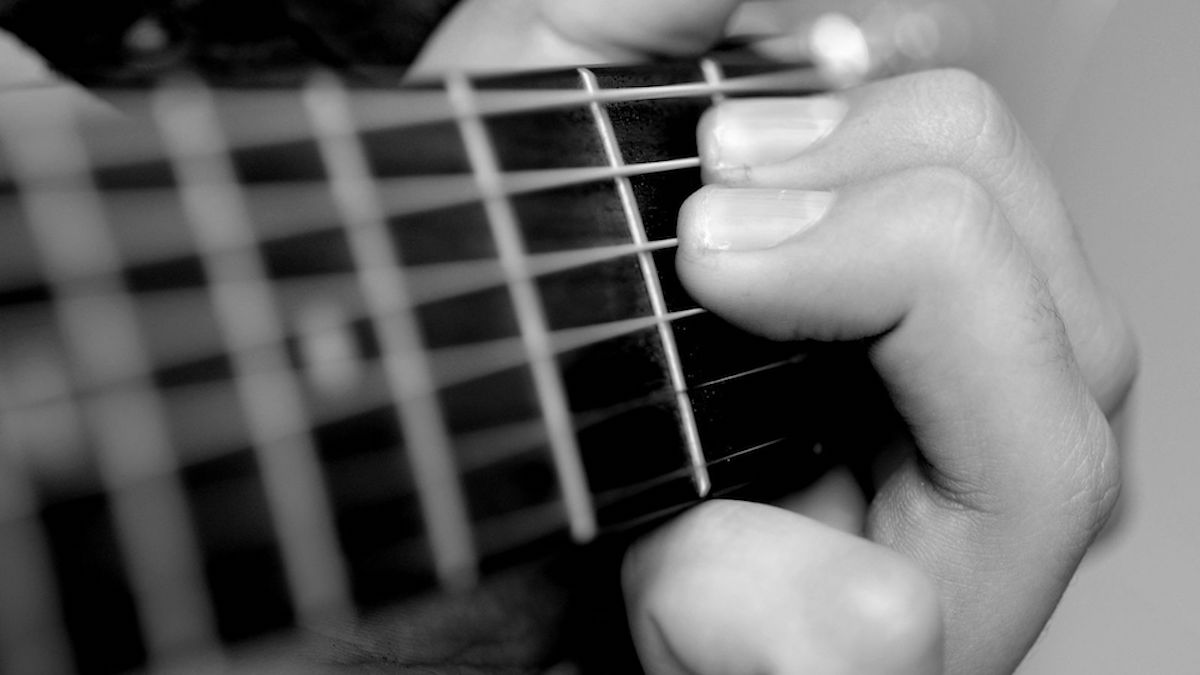While there are certainly some very successful autodidacts in the world of music, there’s nothing that would ever replace quality education and quality music coaches. This is exactly why some of those self-taught artists are often opting to take lessons later on in their career to fill in all the things that they might have missed out on. After all, music theory and its practical application to any instrument can be a little tricky. A systematized set of lessons – all organized in one comprehensible program – is very important for anyone who wants to become good at it.
However, there’s one discussion that people might overlook – everyone is so fixated on conventional education, even in music. This is why people often tend to call anyone who works with musicians on their skill a “music teacher.” But there’s an important distinction to be made between what we call a teacher and music coaches. In this brief piece, we’ll clear things up and explain what these people actually do. In addition, we will also explain some of the benefits of music coaching, especially in the world of modern music.
Conventional approach – music teachers

We’re all pretty much familiar with how conventional education works. There’s a teacher who teaches the already set program that gives you knowledge of something, or a specific set of skills. It’s pretty simple in its essence and it goes in one direction – music teachers teache the students what the program tells them to or what they want to teach.
You can find examples of this conventional approach in classical music education. This may not surprise you; classical-music performers are focused on reproducing these old pieces the way they’re expected to be performed. There’s no real improvisation involved. Other than that, any classical musician is only left with a rigorous rule set on how pieces should be performed. It’s only obvious that there would be such a conventional approach with a teacher and a student.
But, of course, the same method finds its way into other music genres as well. No matter how much the genre is open to creativity in its essence, you’ll still see rock music teachers giving their students the desired set of rules and exact approaches in how they should or should not perform songs and improvise certain lead sections.
To put it simply, teachers focus on teaching according to a given program. They will provide you with a certain set of rules. But, they won’t really work on giving students any concrete “tools” they can use in their own creative process. Now, there’s nothing wrong with the approach, as in some cases it works pretty well for its purpose. However, it might have its downsides in modern music.
Music coaches
We could say that coaching has the opposite approach. While people might often not differentiate between the two, there’s one very important distinction here. Coaches teach the student what they want to learn. They’re here to give you a certain set of skills that you will use in your own creative endeavors or performances. Coaches focus on the student, rather than the teaching program.
You can often see this particular term, “coach,” regarding vocal performing. This is where we can see the most pronounced distinctions between teaching and coaching. For instance, a singing teacher is someone who’s educated in vocal pedagogy. They will guide one student to a certain level. A vocal coach is someone whose job is to further shape the singer’s voice by helping them achieve better results in their respective genres. It’s not unusual to see a classical singer coaching a growling death-metal vocalist.
Overall, the “coaching” approach is a two-way road. There’s supposed to be a constant back and forth communication between the two parties. There’s a certain goal that the student wants to achieve. It’s up to the coach to give their pupil a certain set of skills that will help them reach the desired level and skillset.
While it’s probably not the most precise way of describing it, you can compare it to the concept of a personal trainer. A teacher will provide you with knowledge, while a music coach will help you implement it in the best way that suits your needs.
In the world of guitar music, King Crimson’s Robert Fripp is a good example. He had his famous Guitar Craft workshop, which he never considered to be conventional classes. Instead, he approached it as a group of talented individuals who would work together on exploring the boundaries of the instrument.
What’s the best choice for me?
Like we explained – music teachers teach a certain program, or just what they think is important. Music coaches, on the other hand, teach what a student wants for their own goals. But what would be the best choice for your needs?
Well, that depends on what you look for in music lessons. If you’re interested in classical music, the more conventional approach is what you’ll need to cover first. Then, later on, if you want to get more specific about your work, there’ll definitely be some coaching involved.
As for contemporary music, coaching would be a better way to go. It’s not unusual these days for music enthusiasts of beginner levels to start working on the desired skillset from the very start. Such an approach can yield results pretty fast. It can even help you start performing faster compared to going down the traditional path.
Image source: Wikipedia
Pingback: Younger Coach or an Older Music Teacher - What Is a Better Option?
Comments are closed.